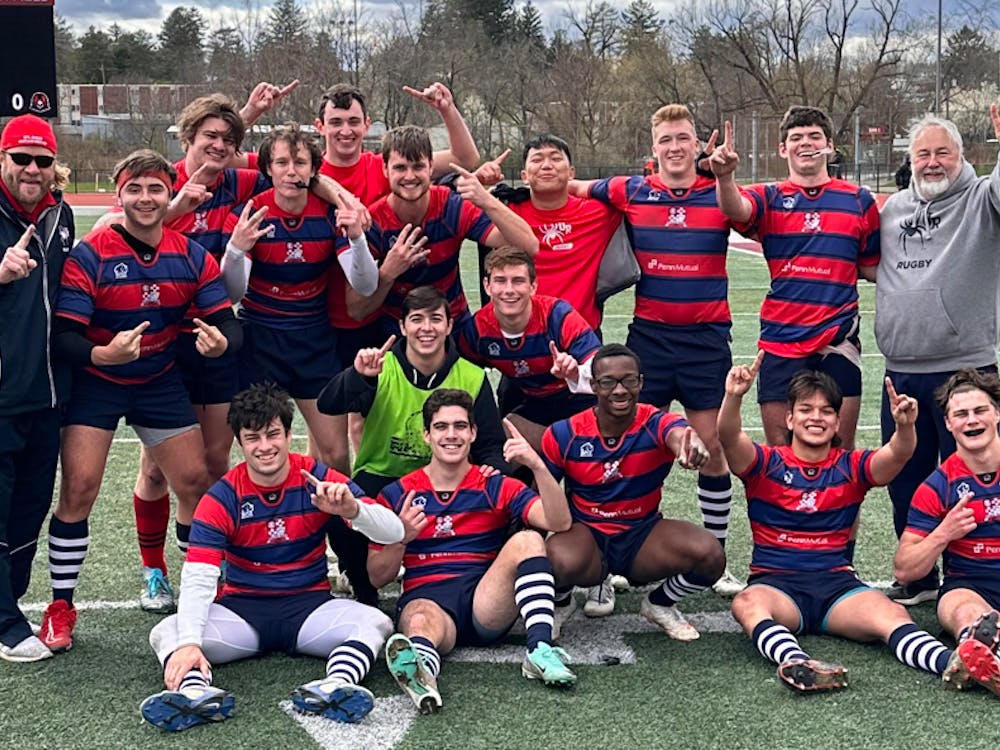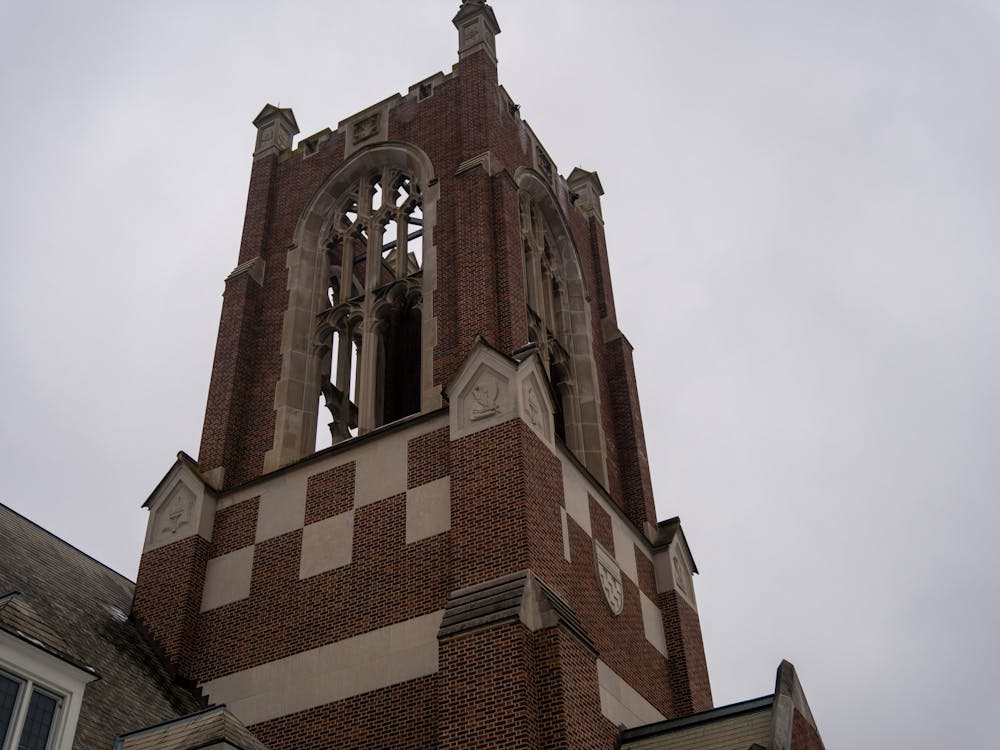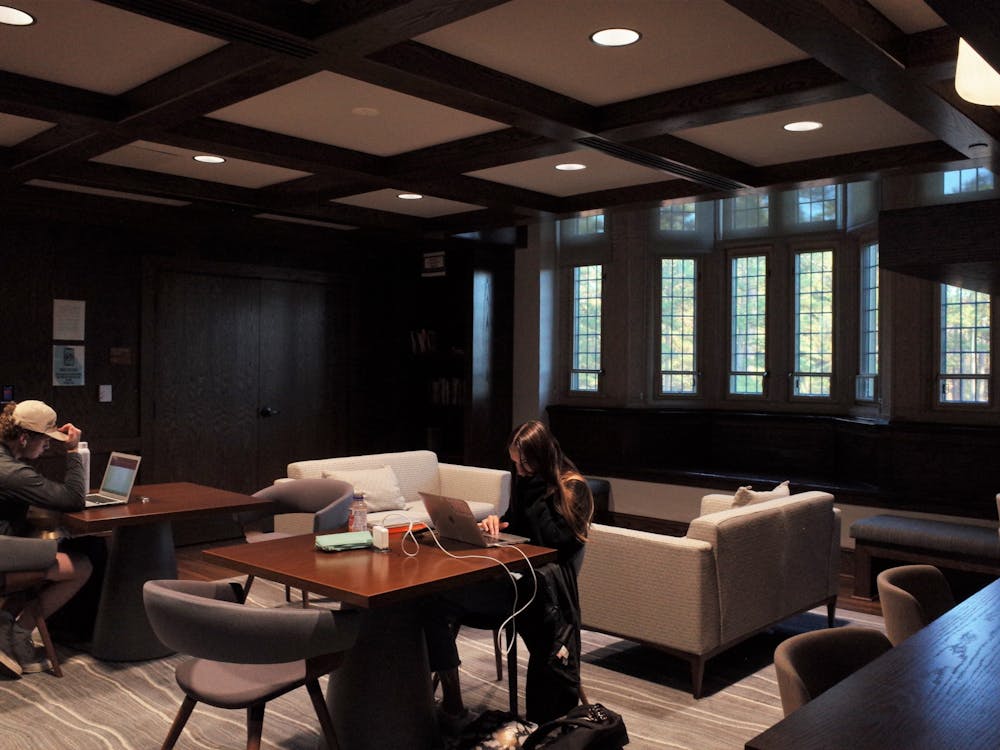Since his inauguration, University of Richmond President Edward Ayers has stressed the need for students to study the humanities, which he says offer important lessons that can be used in all facets of work.
"The humanities prepare people to be leaders, to see the largest contexts and consequences of things, to make subtle distinctions and create new experiences, to deal with ambiguity, novelty and complexity," Ayers wrote in a recent issue of Daedalus, the quarterly journal of the American Academy of Arts and Sciences.
But Ayers has also articulated this need to a national audience.
On March 9, Ayers joined David Souter, associate justice of the U.S. Supreme Court; Don Michael Randel, Mellon Foundation president; and Patricia Stonesifer, chairwoman of The Smithsonian Institution, on a panel at George Washington University titled "The Public Good: The Humanities in a Civil Society."
Panelists stressed the importance of studying the humanities and the subjects that encompass it, including languages, arts, history, philosophy, literature and religion. They agreed that the humanities' importance needed to be better communicated and understood.
"The punch line of the talk in Washington is that the humanities do all the good things that we say they do," Ayers said. "They offer a chance of understanding ourselves better."
During the discussion, he said more people in the academic world needed to be advocates for the humanities so others would come to appreciate them and what they offered as a key educational utility.
Ayers also emphasized that educators needed to reach out to minority, first-generation immigrant and working-class students to pique their interest in the humanities.
"It should not be surprising that African-American students, finally given a chance at college, major in business far more often than the humanities," he said during the discussion. "For first-generation immigrant or working-class students, pre-vocational or vocational majors make more immediate sense, even though such majors often limit long-term flexibility and opportunity."
People could not perceive the humanities to be a luxury good, he said.
"The humanities can fin for themselves in the academy," he said. "If you major in something immediately practical, you get that job right away. But the people that run hospitals very well could have been English majors in college."
Ayers said the humanities were not on a decline. The interest and numbers who study the humanities has generally remained the same during the past 25 years, he said.
Enjoy what you're reading?
Signup for our newsletter
Ayers admitted that the humanities "will never be for everybody," but he would like to see the humanities put in combination with what he called "professional" areas of interest at colleges and universities.
Ayers has sought to better integrate different areas of study offered at Richmond, so that students will have studied a broad spectrum of academic disciplines by the time they graduate.
It was his faith in the humanities that led Ayers to the first principle of The Richmond Promise, his strategic plan for the university, he said. The first principle reads: "The University will have an academic enterprise that will be connected, innovative, rigorous, and personal with the intent to ensure student success and foster faculty growth."
The Academy of Arts and Sciences sponsored the event, where members of Congress, GW faculty and other academic leaders gathered to hear the panelists discuss the challenges facing the humanities. The event kicked off the two-day National Humanities Alliance Conference in Washington, D.C.
Contact staff writer Nick Mider at nick.mider@richmond.edu
Support independent student media
You can make a tax-deductible donation by clicking the button below, which takes you to our secure PayPal account. The page is set up to receive contributions in whatever amount you designate. We look forward to using the money we raise to further our mission of providing honest and accurate information to students, faculty, staff, alumni and others in the general public.
Donate Now


